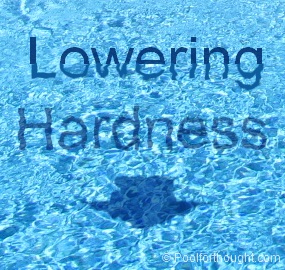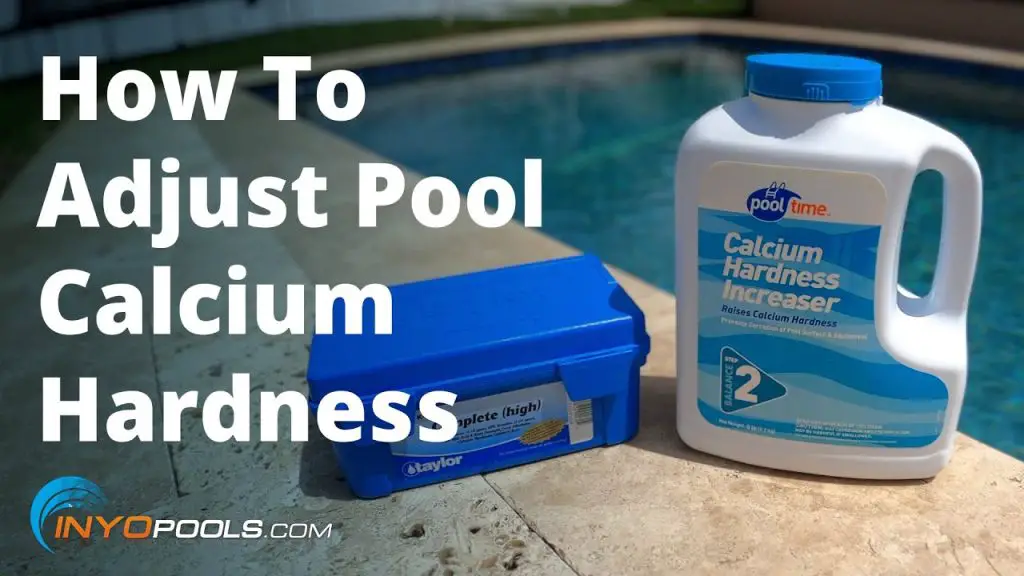Having the right levels of calcium hardness in your pool is crucial for maintaining water balance and preventing problems such as scaling and corrosion. In this article, we will discuss how you can adjust the calcium hardness in your pool to ensure optimal water quality.
What is Calcium Hardness?
Calcium hardness refers to the amount of dissolved calcium in the pool water. The ideal range for calcium hardness in a pool is typically between 200 and 400 parts per million (ppm). Low calcium hardness levels can lead to corrosion of pool surfaces and equipment, while high levels can cause scale formation.

Credit: poolforthought.com
How to Test Calcium Hardness
Before you can adjust the calcium hardness in your pool, you need to know the current levels. You can easily test the calcium hardness using a pool water testing kit. Simply follow the instructions provided with the kit to get an accurate reading.
Adjusting Calcium Hardness
If your pool’s calcium hardness levels are too low, you can raise them by adding a calcium hardness increaser, which is usually calcium chloride. Follow these steps to adjust the calcium hardness in your pool:
- Calculate the amount of calcium hardness increaser needed based on your pool’s size and current calcium hardness levels.
- Dissolve the required amount of calcium hardness increaser in a bucket of water according to the manufacturer’s instructions.
- Pour the solution into the pool while the filtration system is running to ensure proper distribution.
- Re-test the calcium hardness levels after a few days to ensure they are within the recommended range.
If your pool’s calcium hardness levels are too high, you can lower them by partially draining and refilling the pool with fresh water. This dilution method helps reduce the concentration of calcium in the pool water.
Maintaining Proper Calcium Hardness Levels
Once you have adjusted the calcium hardness in your pool, it is important to regularly test and monitor the levels to ensure they stay within the recommended range. Factors such as evaporation, water top-ups, and weather conditions can affect calcium hardness levels, so it is essential to test the water regularly.
Tips for Maintaining Optimal Calcium Hardness
Here are some additional tips to help you maintain optimal calcium hardness levels in your pool:
- Regularly clean and maintain your pool to prevent the buildup of contaminants that can affect water balance.
- Use a quality pool water testing kit to accurately measure calcium hardness and other water parameters.
- Balance other water chemistry factors such as pH and alkalinity to ensure overall water quality.
- Consider using a professional pool service for regular maintenance and water testing to keep your pool in top condition.

Credit: m.youtube.com
Conclusion
Adjusting the calcium hardness in your pool is an essential part of pool maintenance to ensure the longevity of pool surfaces and equipment. By following the steps outlined in this article and regularly monitoring calcium hardness levels, you can enjoy crystal-clear water and a healthy swimming environment in your pool.





